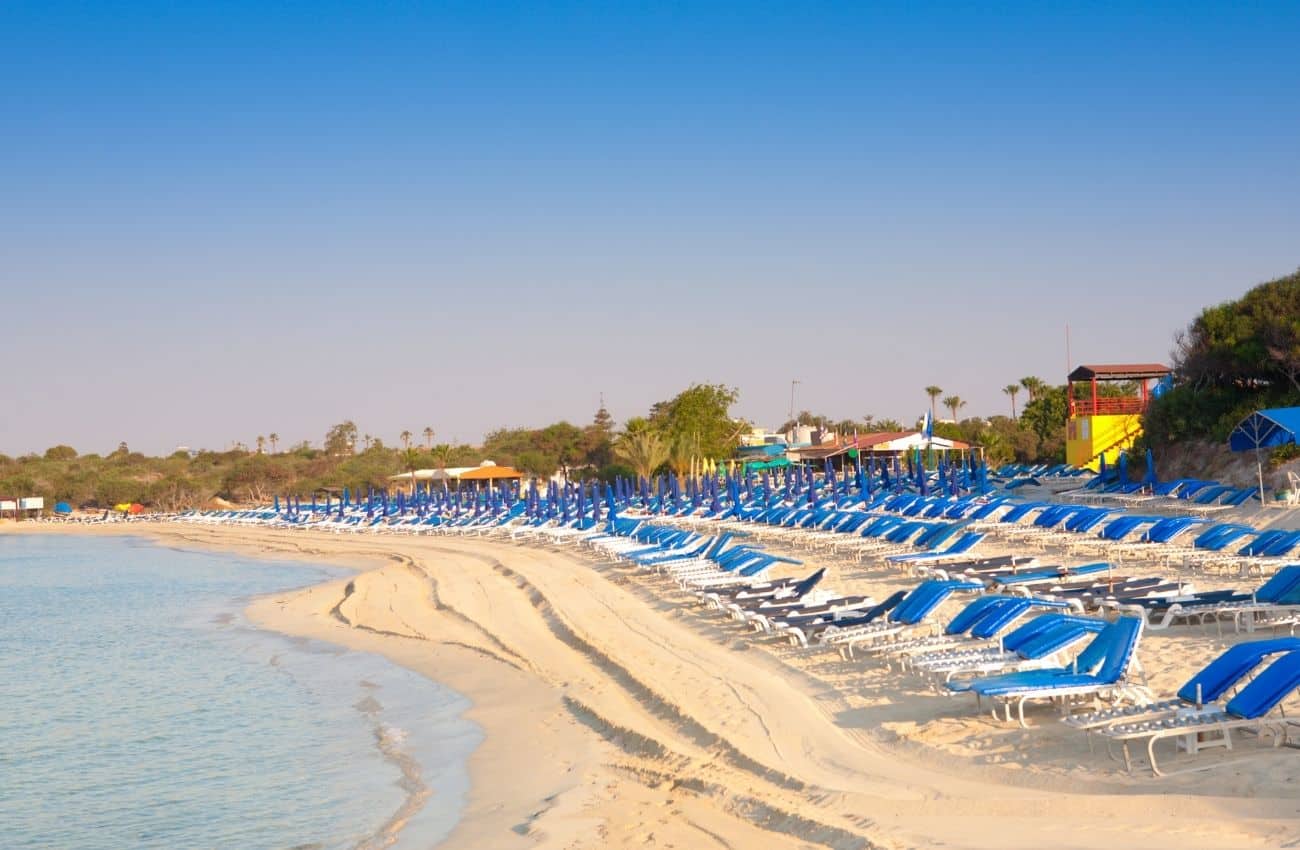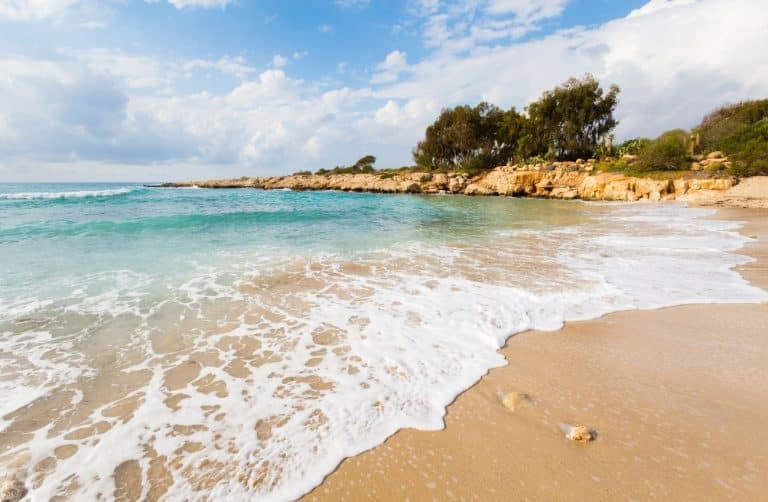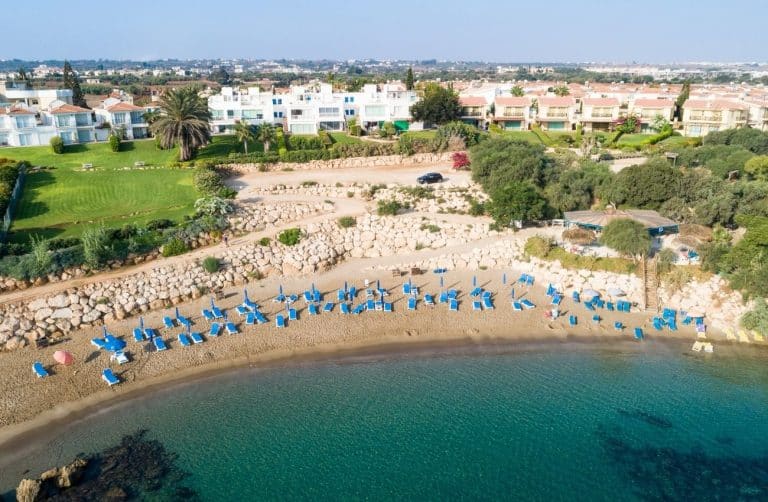Table of Contents
Northern Cyprus has, over the past few years, turned into a remarkable contender for investors looking to diversify into real estate, tourism ventures, and other lucrative projects. While the region may not have captured headlines to the same extent as more traditional Mediterranean destinations, its unique position and steady economic development have made it an increasingly sought-after option. Whether your focus is on rental yields, long-term capital appreciation, or simply enjoying a second home in the sun, the cities of Northern Cyprus present a wide array of opportunities. From coastal resorts steeped in centuries-old architecture to inland capitals buzzing with local commerce, this corner of the island offers more than just sun-kissed beaches—it offers potential for sustainable investment and long-term growth.
The Appeal of Northern Cyprus
Several key factors combine to make Northern Cyprus especially appealing for investors. First, the region boasts an agreeable climate that spans most of the year with sunny days, mild winters, and warm summers. This pleasant weather draws in tourists from a variety of countries, generating a lively short-term rental market and supporting the expansion of tourism infrastructure. Second, property prices in many parts of Northern Cyprus are comparatively lower than those in other Mediterranean locales, allowing investors to secure larger or better-located assets without excessive initial outlay. Mortgage terms and financing options, while requiring careful research, can still be found at competitive rates, making the barrier to entry more manageable.
Political dynamics also play a role. While Northern Cyprus is recognized primarily by Turkey, a series of legal frameworks and property regulations have been instituted to attract foreign capital while protecting local communities. Though every investor should do ample due diligence—title deed checks, property surveys, and professional consultations—these regulations ultimately aim to create a more transparent environment than outsiders might expect. Additionally, Northern Cyprus has welcomed educational institutions and foreign students, diversifying the local economy beyond just tourism. Universities continue to expand, and that development feeds a demand for student housing, rentals, and various support services, making the region’s real estate market well-rounded rather than merely seasonal.
City Spotlights
Understanding Northern Cyprus’ investment landscape also requires a closer look at its key urban centers. Each city has its distinct appeal, whether you are looking to invest in holiday lettings, commercial spaces, or residential developments. While they share the sunny Mediterranean climate and welcoming local culture, no two cities in Northern Cyprus are quite the same.
Kyrenia (Girne)
Kyrenia, often referred to by its Turkish name Girne, is arguably one of the most iconic destinations in Northern Cyprus. Visitors arrive from all over the world to admire its Venetian harbor, lined with colorful boats, lively taverns, and centuries-old buildings. Architectural wonders like Kyrenia Castle underscore the city’s historic significance, while its modern hotels and waterfront restaurants reflect a current surge in tourism-driven development. Investors in Girne can find apartments overlooking the sea or hillside villas offering panoramic views of the marina. Vacation rentals tend to do exceptionally well here, thanks to constant tourist traffic.
Alongside the leisure market, Kyrenia has evolved into a hub for expatriates who appreciate the region’s mild winters and relaxed pace of life. This demographic supports a robust rental market that extends beyond high season, covering a good portion of the year. The city also hosts various annual events—from cultural festivals to sailing competitions—that draw large crowds. Property buyers interested in short-term rentals can leverage online booking platforms to capitalize on the city’s popularity and offset their mortgage or maintenance costs.
Nicosia (Lefkoşa)
Nicosia, known locally as Lefkoşa, serves as the capital of Northern Cyprus and is a vibrant economic and administrative center. Unlike coastal hotspots, Nicosia offers less of a beach-oriented lifestyle and more of a metropolitan experience. Government offices, major corporations, and educational institutions are based here, fostering a steady demand for rental housing. International students and professionals often gravitate toward centrally located flats, making buy-to-let investments a practical option. While property prices in some districts may be higher than in more rural areas, the rental yields can also be stronger and less tied to seasonal fluctuations.
From a cultural standpoint, Nicosia offers a blend of modern city amenities and a deep historical tapestry. The city is home to museums, galleries, and a walled old town that captures the essence of the island’s multifaceted heritage. For those who see beyond beach vacations, Nicosia presents year-round business opportunities, professional networks, and local partnerships. Many entrepreneurs set up offices or co-working spaces here, further stimulating the commercial real estate market. As Northern Cyprus grows in confidence and international visibility, Nicosia stands poised to capitalize on that trajectory.
Famagusta (Gazimağusa)
Famagusta, or Gazimağusa, rests on the island’s eastern coast and holds a treasure trove of medieval architecture. Othello Castle and the walled city stand as vivid reminders of bygone eras when Famagusta was among the most prosperous trading ports in the Mediterranean. Today, its economy combines higher education—due to the presence of universities—with growing tourism interests, especially in the area’s pristine beaches and historical sites. Investors considering Famagusta can explore residential blocks catering to university students, holiday complexes near the shoreline, or commercial venues within or close to the old town.
One of Famagusta’s strengths lies in its ongoing urban renewal projects. Parts of the city have undergone modern refurbishments, enhancing public spaces, roads, and coastal promenades. This urban development not only improves living conditions for residents but also boosts the appeal of newly constructed or renovated properties. Additionally, the local government has recognized the potential of attracting foreigners, including both students and tourists, ensuring that infrastructure improvements keep pace with population changes. As a result, property values in the right neighborhoods have shown gradual but reliable appreciation.
Iskele
Iskele is often highlighted as a rising star along Northern Cyprus’ eastern coastline, boasting long beaches and newer construction projects designed to blend with the shoreline. Formerly quieter than other parts of the region, Iskele has expanded thanks to foreign interest and targeted efforts by developers to create well-planned communities near the sea. Apartments and townhouses are popular here, with some developments including shared facilities such as swimming pools, fitness centers, and even small commercial outlets. The sense of living in a purpose-built coastal enclave appeals to retirees, young couples, and vacationers in search of convenience.
Unlike cities with deep historical roots in commerce or governance, Iskele’s main attraction is its natural setting and the push toward modern amenities. Investors are drawn to the comparatively lower entry costs and the potential for rising property values as the area continues to develop. Beach-oriented tourism, particularly from Europe and nearby Middle Eastern countries, ensures a healthy demand for holiday lettings. Meanwhile, permanent relocations are also on the rise as more people opt for a slower pace of life, near enough to major urban zones but away from daily congestion.
Güzelyurt
Güzelyurt, situated in the northwestern part of Northern Cyprus, has traditionally been known for its abundant citrus orchards and fertile lands. Today, it is quietly gaining recognition among investors looking for something more rural than the typical tourist resort. While Güzelyurt may not enjoy the same prominence as Kyrenia or Famagusta, it rewards the patient investor with serene landscapes and property prices that can be significantly more affordable. The local authorities also encourage smaller-scale development, making it feasible to find plots of land for custom-built homes or farming operations.
Academic institutions located within or near Güzelyurt foster an ongoing demand for rental properties, especially among teaching staff and foreign students. Additionally, future infrastructure improvements—improved road networks, upgraded public facilities—may solidify Güzelyurt’s position as a strong option for those wanting both a countryside lifestyle and reasonable proximity to busier cities. For buyers in search of cost-effective real estate or land, Güzelyurt presents a chance to enter the Northern Cypriot market without contending with the higher costs found in more established areas.
Key Investment Considerations
Beyond city-by-city distinctions, several factors remain universally important for anyone contemplating real estate in Northern Cyprus. Conducting legal due diligence is crucial, given the region’s unique political situation. Employing professional lawyers familiar with local property law helps protect buyers from potential pitfalls in title deeds or property disputes. Similarly, verifying the developer’s track record and ensuring all permits are in order can avert unexpected headaches.
Another consideration is management: prospective landlords should decide whether to handle day-to-day property affairs personally or work with an established management company. Hiring a reputable property manager can be especially useful for investors living outside Northern Cyprus, as it eases tasks like maintenance, marketing, and liaising with tenants. Taxation and ongoing fees also figure prominently in any thorough financial plan. While the cost of living in Northern Cyprus is often cited as reasonable, taxes and levies differ depending on the type of property, its location, and the buyer’s residency status.
Investors should further weigh the balance between short-term rental markets—common in tourist-heavy areas—and long-term rental arrangements favored in cities with strong university or professional populations. Each approach has its pros and cons in terms of yield stability, occupancy rates, and maintenance expectations. Many find that a hybrid strategy works well: a property near a university, for instance, could attract student tenants in the academic year and short-term visitors during holiday months.
The Road Ahead
Northern Cyprus has entered a period of opportunity-driven transformation. Infrastructure projects—improved roads, upgraded airports, and expansions to marina facilities—are either underway or in the planning stages. These infrastructural developments could enhance connectivity, reduce travel times, and heighten the appeal of local real estate to foreign visitors and businesses. Educators also foresee ongoing expansion of universities, attracting more international students who will, in turn, require housing and services. Tourism, a longstanding pillar of the economy, stands poised for continued growth as more travelers discover the combination of pleasant weather, cultural richness, and relatively unspoiled coastlines.
While no market is without risk, Northern Cyprus has shown resilience and adaptability. It continues to draw individuals who seek the blend of history, modern comfort, and financial upside. The emphasis on improved property regulations and legal clarity should further encourage prudent investors to explore these emerging possibilities. Whether someone’s vision is a holiday apartment in a bustling city center, a seaside villa in an up-and-coming district, or a commercial property in the island’s capital, the spectrum of choices is broad.
For those considering a move beyond the typical southern European or Middle Eastern real estate markets, the cities of Northern Cyprus present a compelling case for savvy investments. Each location—be it Girne with its vibrant harbor, Lefkoşa with its commercial prominence, Gazimağusa steeped in medieval allure, Iskele’s blossoming seaside enclaves, or Güzelyurt’s pastoral charm—carries its own brand of appeal. They collectively underscore a region in the midst of evolution, opening doors to holiday-home seekers, entrepreneurial business owners, and anyone intent on staking a long-term claim in a setting that harmonizes Mediterranean beauty with emerging economic opportunities. Northern Cyprus, in short, has grown beyond its historical boundaries, ready to welcome a new generation of discerning investors.




